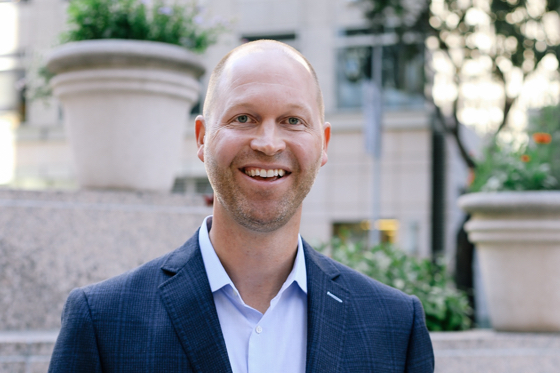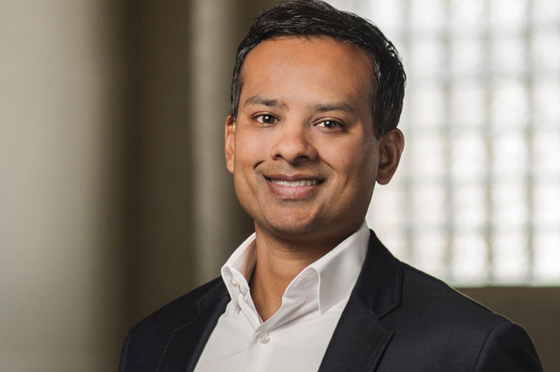Kirk Pederson, president of Kokua Hospitality, and Vamsi Bonthala and Sheenal Patel, co-CEOs of Arbor Lodging, offered HOTELS their insights on what they believe this current elongated cycle in the United States means for hoteliers today, and throughout 2018.
HOTELS: What are some effects you’ve seen on our industry that you attribute to this elongated peak in the cycle? How do you differentiate your product?
Kirk Pederson: “We are in a unique circumstance where the majority of hotels have been renovated and hoteliers are having to explore additional ways to increase the service experience in order to differentiate themselves. Shifting resources to highlight and promote brand loyalty, your location, service delivery, and experiential guest offerings are what hoteliers really need to sell to differentiate themselves in today’s market.”
Vamsi Bonthala: “We are looking at a hotel market where everything is a 10% variation of one another. It’s really led us to an exploration of how to find other ways to connect with guests and provide a service that will make you stand out. We need to start trading in a more emotional currency with guests; not a transactional currency. Succeeding at this is what will make us stand out.”

H: How has this affected today’s travelers and guests themselves?
VB: “Guests today are looking to find deeper rewards from travel than what was previously sought after. This has stemmed from a lot of evolution within the travel industry, much of which has resulted from hoteliers adapting to expand our hotels’ services and layer in the personal touch points that we need to stand out in the market. For leisure travelers, it isn’t just about a departure from regular life, a vacation to relax, and a hotel that has the basic amenities you need to make it your temporary home. They are looking for ways to experience the local culture, feel the culture they are immersed in, and find hands-on ways to do activities they may have never done before. For business travelers, they are looking for a 100% seamless experience, without Wi-Fi issues or terrible room service that comes with the cost of eating on the road.”
KP: “Today, and tomorrow’s, customer expects everything – and they’re also talking about it on social media. Bringing the service back to hospitality is, and will continue to be, key. It has really made our business come full circle. If you look at companies in the 90’s, it was all service, service, service – give the customer what they want. Then, everyone began looking at service through a different lens to determine what services they could cut and where to trim down expenses. The guest was aware of the market’s state and wasn’t shocked by this; they were cutting back themselves. Now, we’re back to asking how to meet a guest’s every need, how do we take care of the guest and give exceptional service that will bring them back again? This is not going away anytime soon and we really need to keep the focus on ways to engage guests and provide service that differentiates your level of hospitality from the next guy.”
H: What effects have you seen on employees and hiring within the industry?
Sheenal Patel: “It’s increasingly competitive – and it’s not just about wages. You need to offer employees more engagement and a culture that is collaborative, accessible, and appealing. We’ve completely revamped our benefits program and really focus on open communication between our properties and the corporate team. We’ve had a number of team members tell us that they’ve never worked for a management group that truly listens and welcomes feedback from the property level – you need that kind of flexible communication to retain good talent in a market like today’s.”
KP: “A healthy market and a well-performing portfolio also means we’re able to invest in our team members, which is one of the most rewarding benefits of this cycle. We have the ability to experiment with adding new amenities and new roles that greatly impact the guest experience, and therefore, our employees’ day at work. At Hyatt Centric Waikiki Beach, we recently developed a new role, director of guest experience, and have that flexibility to try something new when we think it will make a difference in that market. For this hotel in particular, Jacqueline is now our differentiator. She brings a level of personal interaction and service that’s incredibly important to guests visiting Honolulu.”

H: What is your advice to hoteliers to safeguard against an abrupt end to the cycle?
VB: “Don’t take on too much debt. Think about it at all times and know that it’s going to come. It’s important recognize that a shift will happen and tough decisions will have to be made. When they do, you have to go into triage mode.”
KP: “Anytime you get into this elongated peak in the cycle, you have to watch costs consciously and have a strategy in place to shift your cost structure if the market changes. But we are always talking about ‘When is the sky falling?’ and ‘When will it end?’ We need to be smart and have our strategies in place, but instead of focusing on the end, let’s capitalize on this great place we’re at.”

